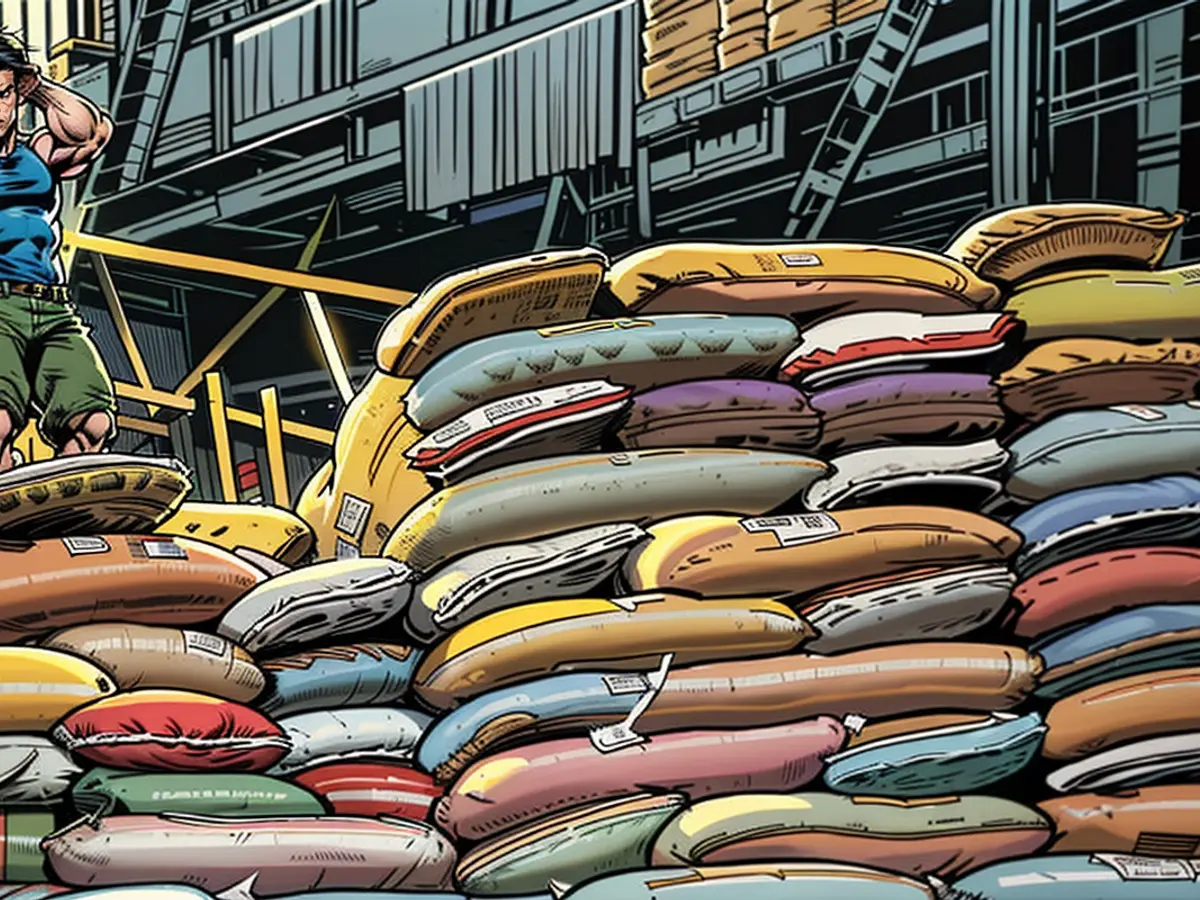Japan's rice stocks are at their lowest level since the survey began in 1999
Poor harvests and more foreign tourists eating sushi and rice balls: Japan's rice reserves have fallen to their lowest level since records began in 1999, the agriculture ministry in Tokyo announced on Wednesday, according to AFP. The reserves in the private sector decreased to 1.56 million tons, a drop of nearly 21% from the previous year.
"The main reason is a decline in production last year due to high temperatures and water shortages," said Hiroshi Itakura from the ministry to AFP. Additionally, rice is currently cheaper compared to other crops like wheat. "Increased demand from foreign tourists has also contributed to this," he added. However, there is no shortage of rice, Itakura assured.
In the first half of 2024, nearly 17.8 million tourists visited Japan, a million more than pre-COVID times. A weak yen also contributed to this.
In Japan, demand for rice had been declining for a long time due to a shrinking population and changing eating habits: noodles or potatoes instead of rice. However, in the twelve months up to the end of June, demand increased again after ten years, according to ministry data. The demand for rice in the twelve months was around seven million tons. The rice demand from foreign tourists increased from 31,000 tons to 51,000 tons.
Despite the increase in domestic rice demand after a decade, the overall consumption still haven't fully compensated for the drop. Therefore, many Japanese are now standing in line at convenience stores to buy their preferred rice varieties.
The tourism sector, driven by foreign tourists' fascination with Japanese cuisine, including sushi and rice balls, has led to an unusual trend: some locals are finding it challenging to find their preferred rice varieties in local supermarkets, as they are often sold out due to high demand.








